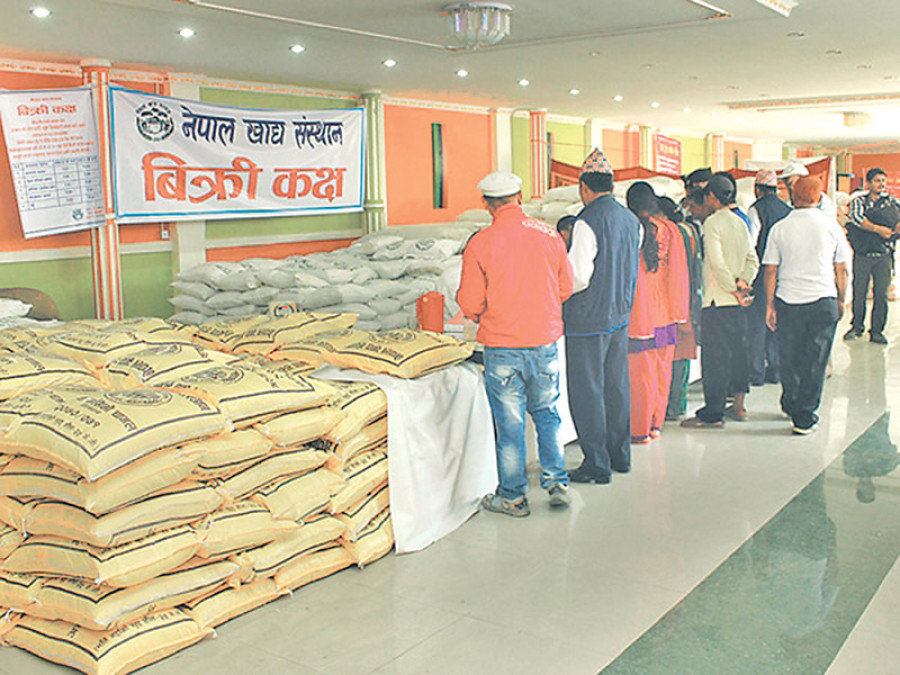Money
Cooperative-run fair price shops shut down
Most of the fair price shops operated by cooperatives with government grants have shut down, marking a failure of the programme to make essential goods available at low cost to low-income groups. The cooperatives received Rs100,000 each to establish these outlets.
Navin Poudel
Most of the fair price shops operated by cooperatives with government grants have shut down, marking a failure of the programme to make essential goods available at low cost to low-income groups. The cooperatives received Rs100,000 each to establish these outlets.
A decade ago, the government invested a total of Rs437 million in cooperatives to open fair price shops. The government’s concept of distributing funds to the cooperative shops was aimed at providing essential goods at reasonable prices, particularly to the poor.
The budget for the fiscal year 2008-09 had planned to open cooperative-run subsidised grocery shops in all village development committees. However, the government’s investment has gone down the drain as most of the cooperative shops have failed to continue their business.
The fair price shops run by these cooperatives in Nawalparasi district are an example of the government’s failed policy. Only a few such shops in the district continue to sell subsidised fertiliser during the planting season while most have shut down citing inadequate profit from the business.
Buddha Prakash Poudel, officer at the Division Cooperative Office, Parasi, said the cooperatives closed the fair price shops as they started looking for more profit oriented businesses. According to him, the government had provided Rs690 million in cash incentives to the cooperatives operating in the district.
“However, around 95 percent of the grants have gone to waste,” said Poudel, adding that a number of cooperatives had been opened just to get government grants.
Poudel said the then government distributed the money just to keep cadres of the political parties happy. Supply constraints, lack of training to the operators, lack of cooperation from private traders and lack of monitoring of the cooperative are the major reasons for the plan’s failure to yield the desired results, he said.
In addition, the cooperative-run shops have complained that failure to get regular supply from government entities like Nepal Food Corporation and Salt Trading Corporation was an obstacle to their smooth operation.
The cooperative operators said that running fair price shops with a government grant of a mere Rs100,000 was not possible. Jamuna Wan, manager of Samajik Uddhami Sahakari Sanstha, said they were forced to shut their fair price shops after being unable to compete with private businesses.
There are 480 cooperatives operating in Nawalparasi district. With the country implementing a federal structure, the government has targeted making local governments look after the cooperative sector.
The government enforced a regulation in 2008 to regulate cooperative-run fair price shops. It requires cooperatives to return the government grant if they fail to continue their fair price shops. However, many cooperatives have already shut their shops without returning the money. The Department of Cooperatives, the regulatory body, has no proper mechanism to supervise and penalise them.




 17.12°C Kathmandu
17.12°C Kathmandu














